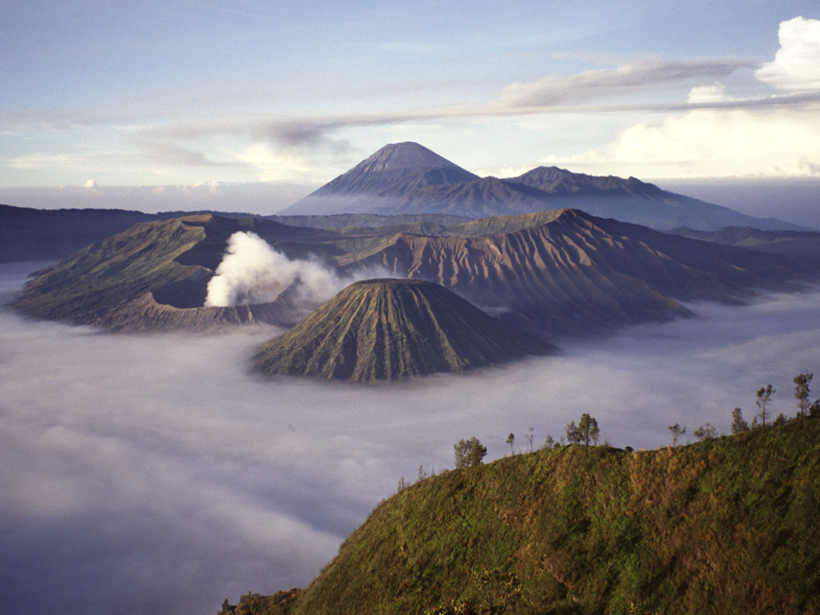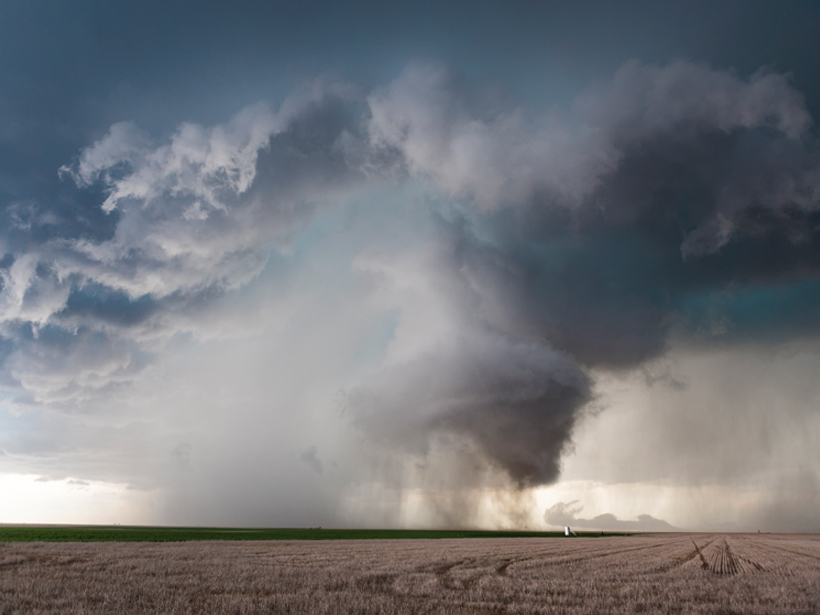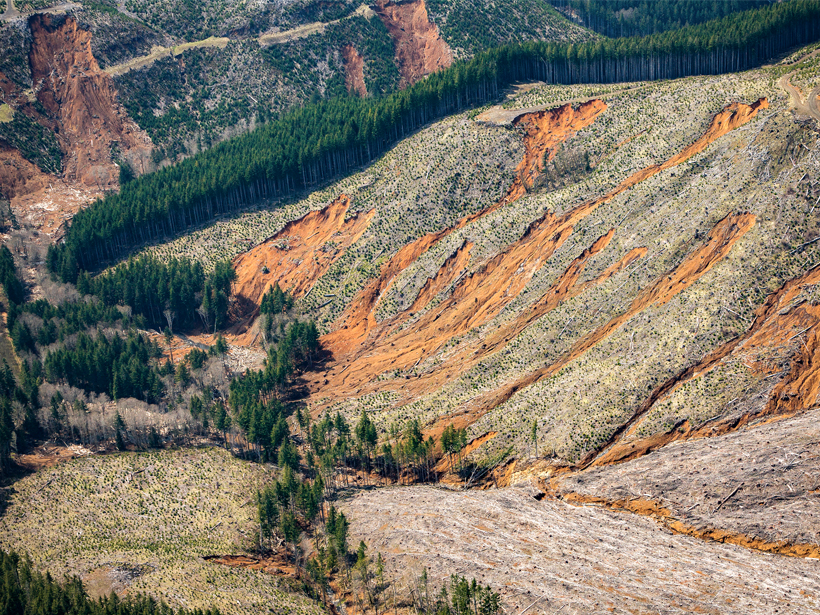As ice melts, multiple models yield more detailed route predictions than any single model alone.
forecasting
Forecasting Eruptions at Restless Calderas
Scientists review decades of data on swarms of earthquakes, surface deformation, degassing, and microgravity changes around calderas to determine when such forms of unrest may result in eruptions.
A Big Climate Driver in a Small Ocean Basin
Scientists review Atlantic Ocean circulation variability and its applications for predicting decadal climate variation.
Toward Improving Decadal Climate Predictions
Aspen Global Change Institute Workshop on Decadal Climate Predictions: Improving Our Understanding of Processes and Mechanisms to Make Better Predictions; Aspen, Colorado, 7–12 June 2015
Forecast Versus Reality: High-Resolution Weather Prediction
Researchers test the High-Resolution Rapid Refresh model with real-life observational data to evaluate forecast accuracy.
Improving Indian Summer Monsoon Prediction
A new study analyzes temperature and moisture variations in different layers of the atmosphere to improve forecasting of Indian summer monsoon precipitation patterns.
An Ionospheric Index to Predict Earthquakes Falls Short
Scientists disagree about the validity of the spatial scintillation index, a tool that aims to forecast earthquakes based on atmospheric disturbances.
Better Forecasting for the Next Volcanic Eruption
The Eruptive Precursors project in Campi Flegrei, Italy, seeks to understand conditions leading to caldera eruptions.
This Winter's El Niño Might Only Dent Western U.S. Drought
The National Oceanic and Atmospheric Administration released its winter weather outlook, which predicts a warm and wet winter in California but not enough rain to eliminate the state's pernicious drought.
Efficiently Predicting Shallow Landslide Size and Location
New mathematical approach lets researchers analyze potentially unstable slopes in three dimensions without testing every possible landslide shape.







